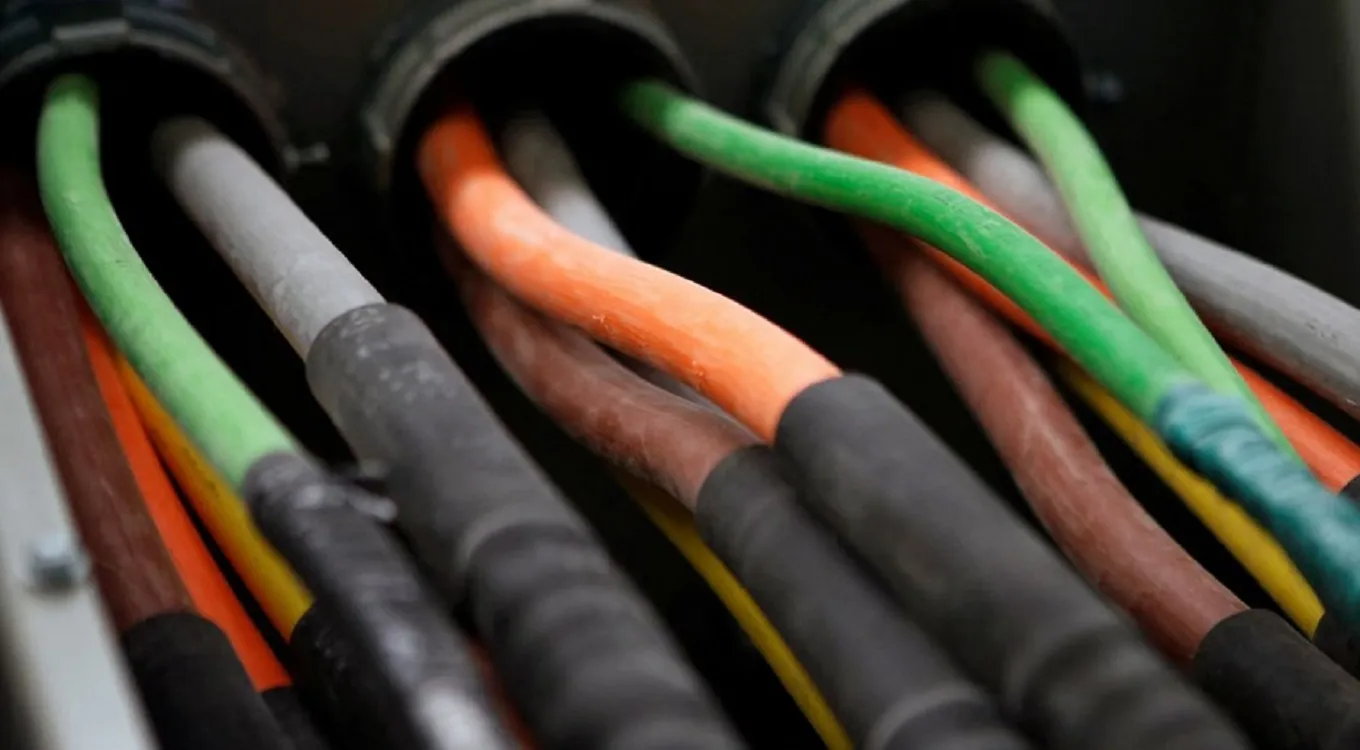- National
- Bangladesh
- Business
- International
- Sports
- Entertainment
- Politics
- Technology
- Life Style
- Religion
- Opinion
Sunday, 01 March 2026



The Bangladesh Telecommunication Regulatory Commission (BTRC)'s proposed Telecommunication Network and Licensing Policy 2025 is facing strong backlash, particularly from the Internet Service Providers Association of Bangladesh (ISPAB) and other industry stakeholders.
While the policy aims to simplify the licensing framework into three main categories, its new financial and regulatory mandates are widely seen as a significant reversal of the BTRC Chairman's goal of making internet affordable Key industry organizations, including ISPAB and the ICX association, have protested, arguing the draft was finalized without adequate discussion with stakeholders. The BNP also publicly urged the government to withdraw the draft, criticising the hasty decision-making ahead of the national election.
The policy's introduction of a 5.5% mandatory annual revenue share and a 1% SOF contribution for all fixed service providers, combined with the existing price caps, is expected to heavily burden small and medium enterprises (SMEs). This concern mirrors the original news report, which argued these levies would erode profit margins, curb investment, and ultimately lead to higher prices for consumers.
Experts and political figures have warned that the new framework, which involves phasing out old licenses (like IGW, IIG, ICX, NIX) and consolidating categories, may inadvertently favor large mobile operators, allowing them to establish a monopoly in multiple service sectors and potentially sideline small local businesses.
The government has defended the policy, arguing it is a long-awaited and necessary reform intended to: Reduce the current 26 fragmented license types to only three categories (Access Network, National Infrastructure & Connectivity, and International Connectivity). Eliminate intermediaries, reduce network distortions, encourage active and passive infrastructure sharing to lower costs, and ensure better quality of service (QoS).
Officials argue the new structure will remove revenue leakage and create space for higher government revenue, which can be directed toward extending coverage.
Despite these assurances, the industry remains concerned that the pursuit of higher government revenue through new taxes and fees directly conflicts with the stated goal of affordable and high-quality internet access.
Comment